-
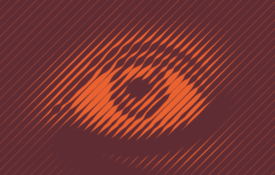
Using Neuroscience to Challenge Our Eyes and Ears
The split-second distinctions made
possible by neuroscience challenge
common understandings of how we
see and hear. Visit Page -
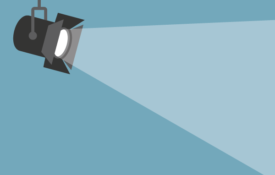
Teaching: What the Nose Knows / Attentional Control
Lesson plans on scent and attentional control. Visit Page
-

New Content From Current Directions in Psychological Science
A sample of articles on collective narcissism, narcissism and intelligence, memory coherence and PTSD, responses to others’ scents, attention control, and motivations to ignore feedback. Visit Page
-
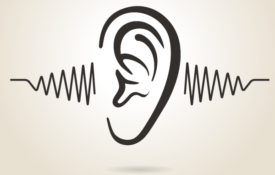
People with Blindness Have Refined Spatial Hearing
Does loss of sight enhance a person’s sense of hearing? New research supports this commonly held belief in one intriguing way: by testing blind people’s ability to navigate their surroundings. [September 15, 2020] Visit Page
-
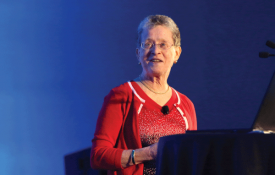
Psychological Science Meets Sensory Technology
Virtual reality and other sensory technologies promise new ways of teaching, enhancing cognitive function, compensating for sensory-motor loss, and more, according to APS James McKeen Cattell Fellow Roberta L. Klatzky. Visit Page
-
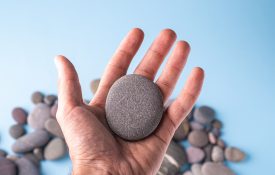
Sound-Shape Associations Depend on Early Visual Experiences
Data from individuals with different types of severe visual impairment suggest that the associations we make between sounds and shapes — a “smooth” b or a “spiky” k — may form during a sensitive period of visual development in early childhood. Visit Page

